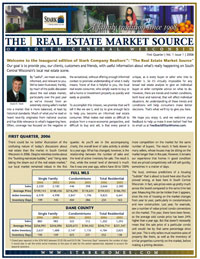The Economist:
Ordinarily, the human colon harbours very few of the rod-shaped bacteria that cause Clostridium difficile associated disease or CDAD. But the guts of those people who are given antibiotics to prevent or treat infection during a stay in hospital are different. Antibiotics may rid the colon not only of harmful bacteria, but also of the beneficial ones that normally live there. This, in turn, can give C. difficile the chance to take hold.
Rates of the disease among patients in, or recently discharged from, American short-stay hospitals seem to have doubled between 2000 and 2003 and risen another 25% in 2004, the most recent year for which estimates are available. That translates into at least 225,000 new cases a year, according to the Centres for Disease Control, a government agency based in Atlanta, Georgia. As this number does not capture all of America’s hospitals and ignores its nursing homes, the real figure is probably at least 500,000 cases a year.
The full extent of the illness is unclear because American hospitals are not required to report it. Even when someone with the disease dies, his death certificate may not say he had it. Whatever the true numbers, about 20% of people infected have repeated bouts of the illness and some 1-2% of the stricken die; chiefly, but not exclusively, the victims are elderly people who are already in frail health.

